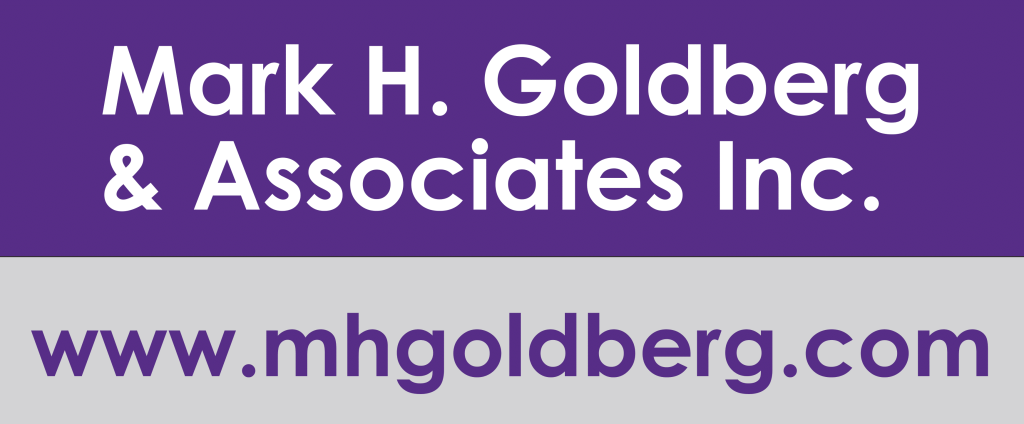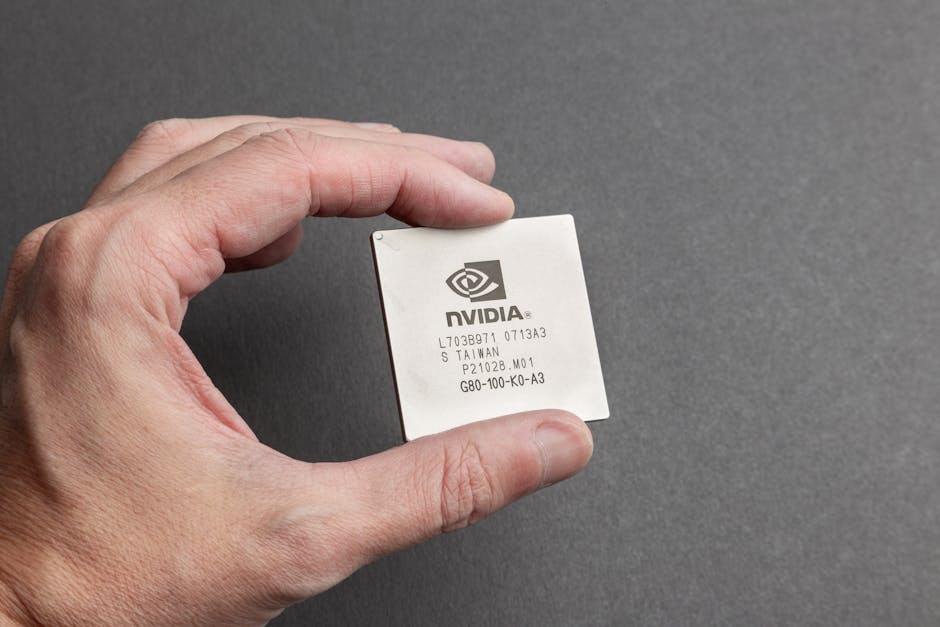Regulatory Overreach and Media: A Closer Look at Freedom and Boundaries

The issue of regulatory overreach has taken center stage in the media landscape, sparking debates about the boundaries between freedom of expression and governmental oversight. A recent incident involving the suspension of the Jimmy Kimmel show by ABC/Disney highlights this tension. Kimmel’s controversial joke about the assassin of political figure Charlie Kirk raised questions about the appropriateness of such humor in today’s polarized environment. While the comedic tone arguably misfired, the decision to pull the show appears to have stemmed, at least in part, from comments made by Brendan Carr, Chair of the Federal Communications Commission (FCC).
The Role of the FCC in Media Oversight

Pexels
The FCC’s role is to ensure compliance with broadcasting standards, but it traditionally refrains from dictating content except in limited cases, such as direct news distortion. However, Chair Carr’s remarks suggesting that licensed broadcasters should reconsider airing shows like Kimmel’s sparked concerns about regulatory intervention. Carr implied that failure to act could jeopardize the broadcasters’ licenses, creating what some view as undue pressure on local broadcasters. This commentary specifically impacted Nexstar, the largest U.S. broadcasting group, which recently acquired TEGNA in a $6.2 billion deal needing FCC approval. Following Carr’s statement, Nexstar decided to preempt Kimmel’s show, an action that mirrored the FCC Chair’s suggestions and effectively pushed Disney/ABC to cancel the program entirely.
The Fine Line Between Regulation and Overreach

Pexels
What makes this case noteworthy is the perception of governmental interference in editorial decisions. Traditionally, comedy shows and late-night talk programming—while controversial at times—exist outside the realm of ‘news’ classification. By framing Kimmel’s jokes as a potential instance of ‘news distortion,’ the FCC Chair opened the door to regulatory scrutiny of content that historically enjoyed creative freedom. This raises important questions about where the government should draw the line. If comments from comedians are deemed as potentially subject to oversight, what does that mean for the broader spectrum of artistic and journalistic expression? For Nexstar, the stakes were exceptionally high due to its merger deal, leaving many to speculate whether its decision was based on genuine offense or compliance pressures.
Implications for Canada and International Regulation

Pexels
This debate isn’t confined to the United States. In Canada, similar questions are emerging as legislators introduce laws concerning hate speech and the promotion of terrorism. Regulators like the Canadian Radio-television and Telecommunications Commission (CRTC) are under scrutiny for how they navigate open cases and media oversight. Past comments from CRTC Chairs reveal the complexity of maintaining neutrality while addressing industry concerns. Should regulators refrain from public commentary on sensitive issues to avoid influencing outcomes? Moreover, recent incidents, such as an antisemitic rant by a Radio-Canada correspondent, demonstrate the need for timely but carefully measured regulatory responses.
The balance between protecting public interest and preserving freedom of expression is delicate. While government oversight is necessary to uphold industry standards, it must not veer into censorship or influence commercial decisions. The Kimmel situation serves as a lens for examining the evolving boundaries of regulatory powers in media and their implications for creative and informational freedoms. As broadcasting evolves and societal norms shift, finding this balance will remain a pressing challenge for policymakers worldwide.







